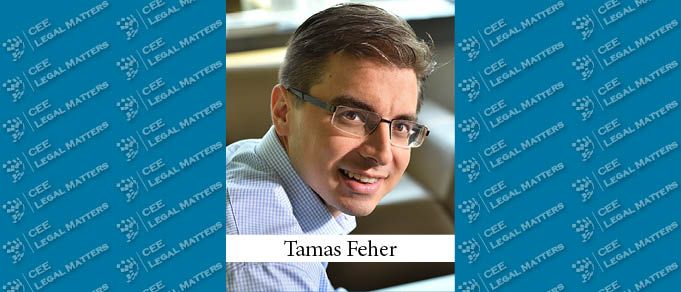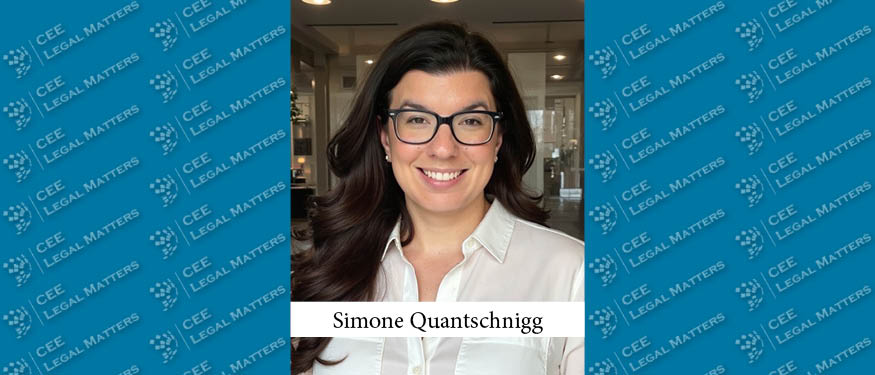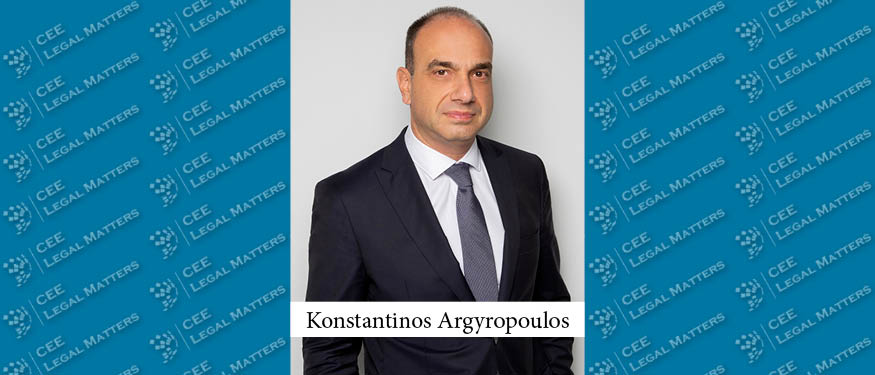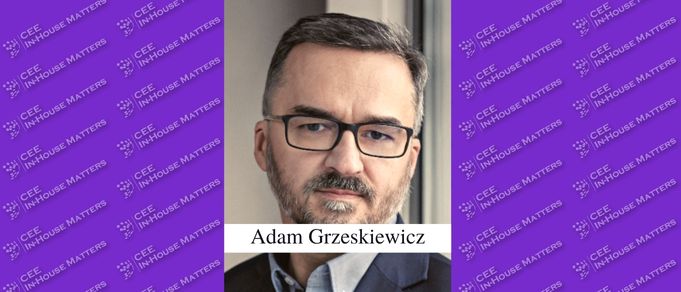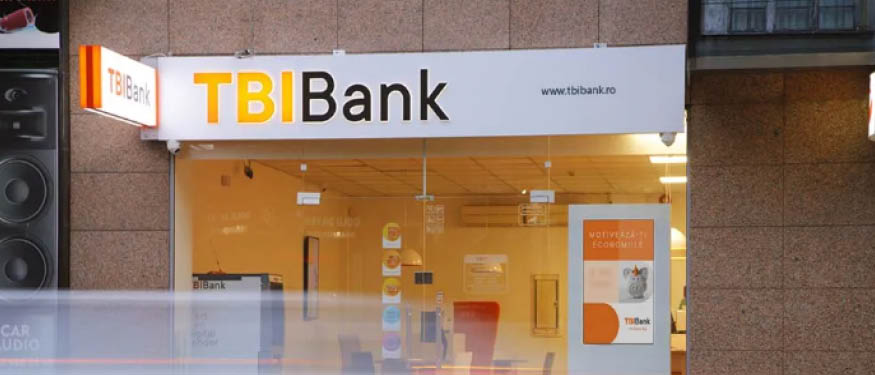According to Jalsovszky Partner Tamas Feher, white-collar crime and commercial litigation have been the key growth areas for the firm's Dispute Resolution Practice over the past year, driven by shifts in tax authority behavior, legislative changes, and a more cautious business climate.
CEELM: What work has been keeping your Dispute Resolution practice busy over the past year?
Feher: Less than a year ago, we formally launched our dedicated White Collar Crime sub-practice, which grew out of our existing tax litigation and tax dispute work. We noticed a clear shift in the approach of the tax authority. In the past, a wide range of tax irregularities would result in administrative tax audits. Lately, bona fide mistakes often lead to no audit or just friendly corrective measures, whereas in more serious cases, audits are frequently accompanied by criminal proceedings as well. Initially, we tried to cooperate with external criminal lawyers, but we soon realized that our approach and strategy differed significantly. As a result, we decided to build our internal team from scratch, which has proven highly successful even in this short time.
It’s important to note that we don’t focus on classic tax fraud cases alone, we see a wide range of white-collar crimes that sometimes only tangentially involve tax issues. In many cases, what initially appears as tax fraud is connected to alleged bribery or unauthorized payments to employees, with the tax authority often being the first body to take steps against such activities. Our typical clients are corporate entities, so our focus is very much on protecting business interests.
In addition to that, we’ve also seen a clear uptick in commercial litigation, especially disputes between business partners and owners of joint ventures. Over the past year, we handled multiple cases where equal partners experienced a breakdown in their relationship, and in the absence of prior agreements to resolve such disputes, the situation became very contentious.
CEELM: What has been the primary driver behind these levels of activity?
Feher: On the white-collar side, one obvious factor is the state of the Hungarian budget; there is clear fiscal pressure on the tax authority to collect more revenue. At the same time, the tax authority has significantly enhanced its data collection and analysis capabilities. They are now able to detect and infer potential wrongdoing with greater precision, which naturally leads to more aggressive enforcement actions, including criminal proceedings.
For commercial disputes, I suspect the increase is at least partly driven by the overall economic slowdown, when the business environment deteriorates, it tends to amplify tensions between partners and stakeholders, especially in joint ventures. That said, it’s hard to be certain about the root cause, but the trend is undeniable.
CEELM: Finally, what do you think the next 12 months will look like?
Feher: On the one hand, I expect our White Collar practice to continue growing, there is a clear demand for a more business-minded approach in this field.
Additionally, particularly because of several incoming legislative changes, the litigation and arbitration landscape could change significantly. Firstly, court fees have already been raised significantly, so litigation is now often more expensive than arbitration.
At the same time, a new rule clarifies that losing parties will typically be required to cover all costs of the opposing side, another factor that will make parties think twice before litigating. In addition, some new proposed changes are in the pipeline, whose goal is to speed up the litigation process, in exchange for some questionable sacrifices.
Taken together, these developments will likely lead to parties being more selective about the matters they pursue in court, with a greater incentive to settle disputes early. This will require even more rigorous preparation, especially when presenting a case persuasively to motivate the opposing side to seek a settlement. So, even if we see fewer cases reaching court, the pre-litigation work will become more important than ever.

